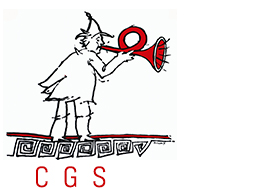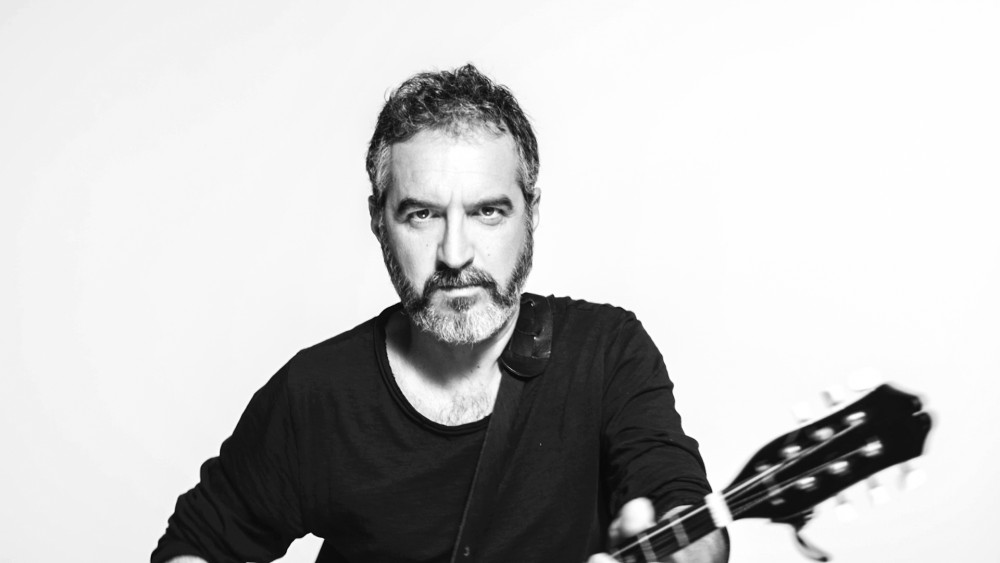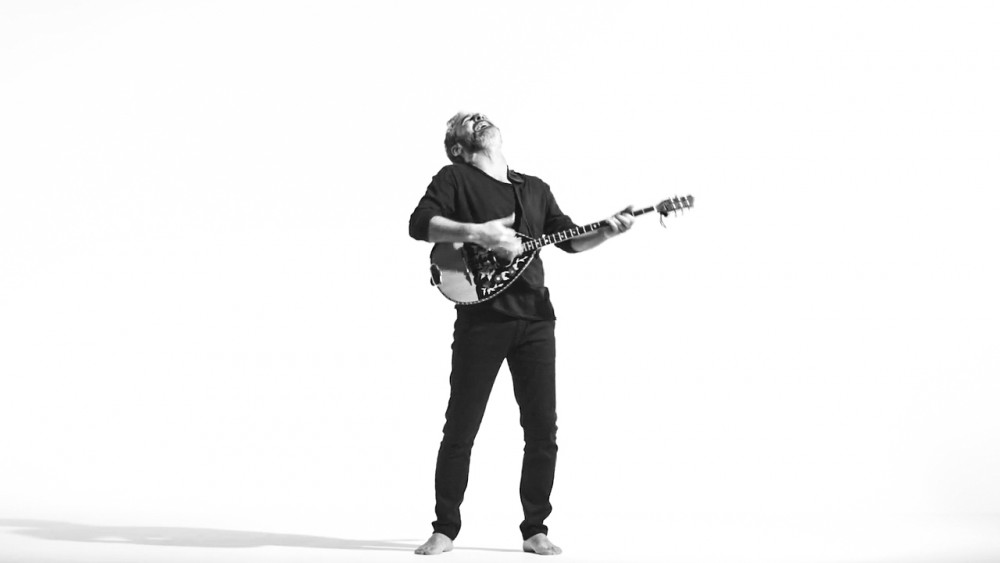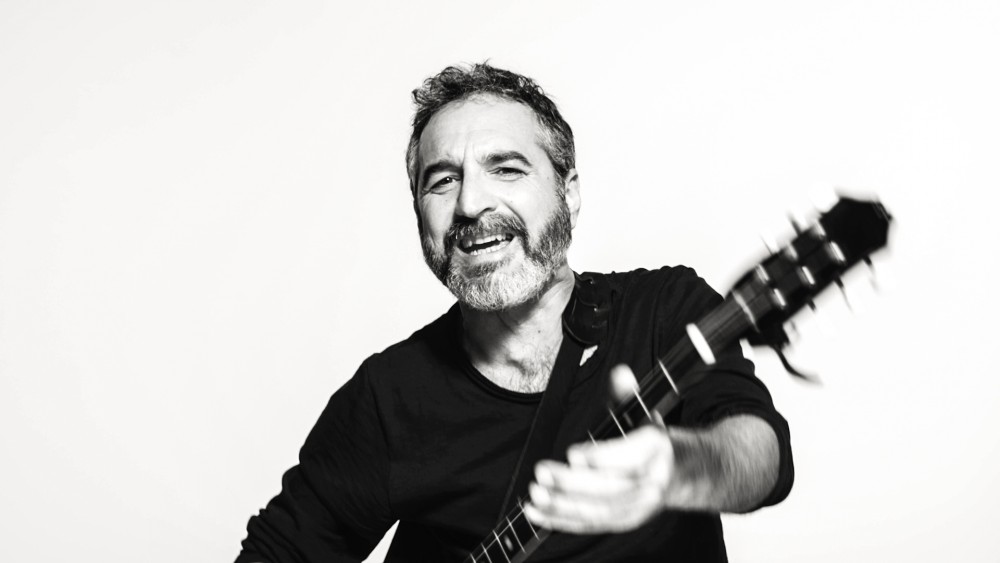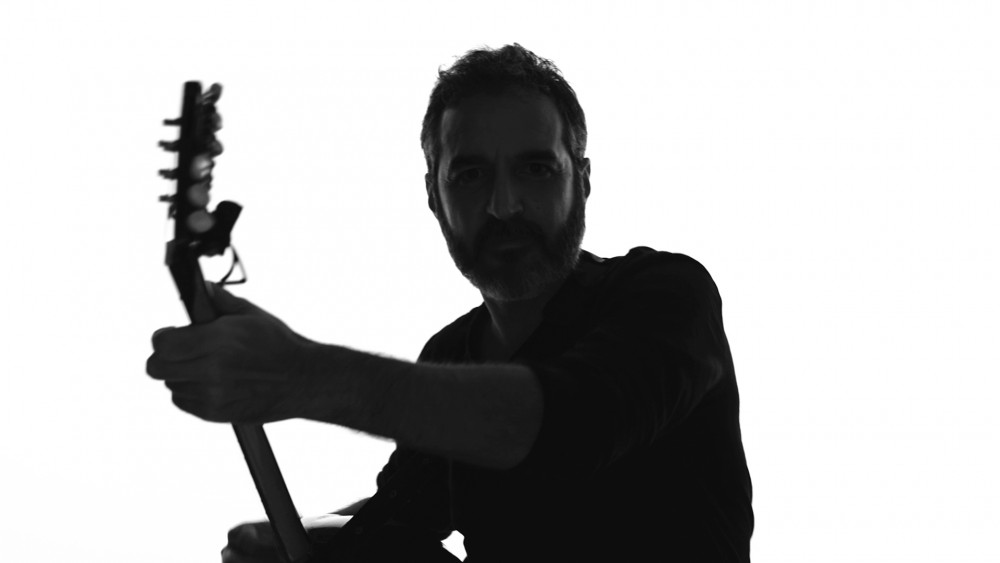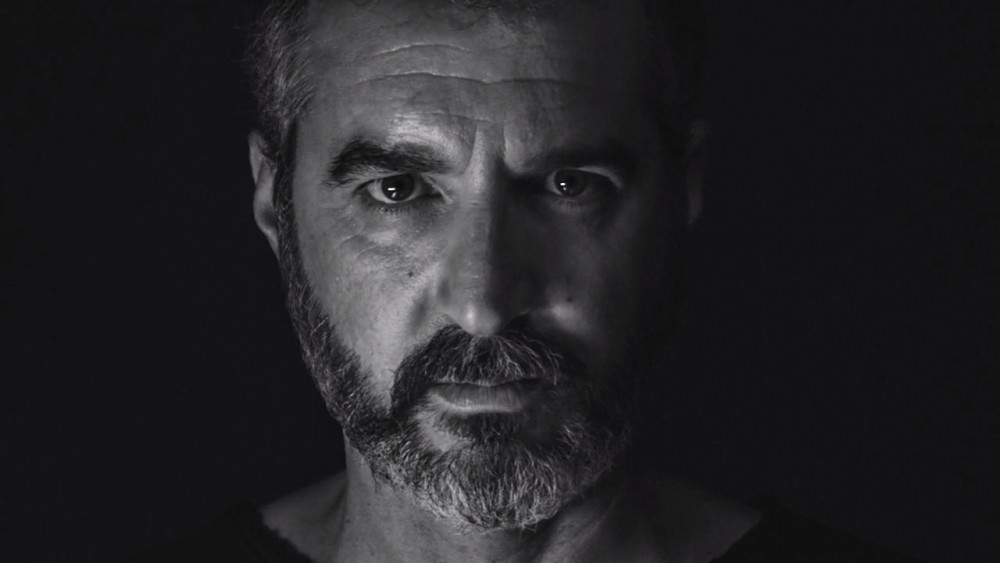_
Singer, guitar and bouzuki player, like Mauro Durante, Emanuele is the son of one of the founders of the Canzoniere Grecanico Salentino, Roberto Licci.
His versatile and particular voice as well as his musical sensibility led him to become in recent years one of the main figures of popular music in the Puglia region.
He was born in Calimera (Le), where he still lives. He studied guitar with ‘maestros’ such as Daniele Durante, Sergio Stefano Sciattone, and Maurizio Colonna. He acquired from his father the love for singing in ‘Griko’, the ancient language of his home town.
Guitar teacher at the Lecce Music Accademy, he taught at the “Tito Schipa” Conservatory in Lecce in the experimental course of popular music.
His musical career began in the late 80’s with the Canzoniere Grecanico Salentino, in a phase of experiments and revival of traditional music. He recorded two albums with the band called ‘Concerto 1’ and ‘Concerto 2’, taken from the show ‘Carataranta’ (in its first version).
In the following years, he founded Aria Palea, progressive-rock band with which he recorded ‘Zoicekardia (Pick up record, Bassano del Grappa ed.1997); aggressive and electrical sounds alternated with classical and mixed spells, as if to draw shapes and moods; pictures, sounds and poetry with popular influences in the lyrics, music and paintings.
In 1993, he joined the band Ghetonìa, with which he stills collaborate actively today. He recorded 8 albums (Agapiso 1994, Malìa 1995, Per Incantamento 1996, Songs and music from the Grecia Salentina 1997, Mari e Lune ad Est del Sud 1998, Krifì 2000, Terra e sale 2007, Riza nel 2009) and performed in Europe, Iraq, Cuba, Cape Verde and the U.S.A.
He has been performing in the “Notte della Taranta” festival every year since 2002. He took part in the editions conducted by Vittorio Cosma, Stewart Copeland, Ambrogio Sparagna, Mauro Pagani, Ludovico Einaudi and Goran Bregovic, and shared the stage with all the brilliant artists that have participated over the years.
At the end of 2011, he made his come-back with the Canzoniere Grecanico Salentino and recorded the album Pizzica Indiavolata.
